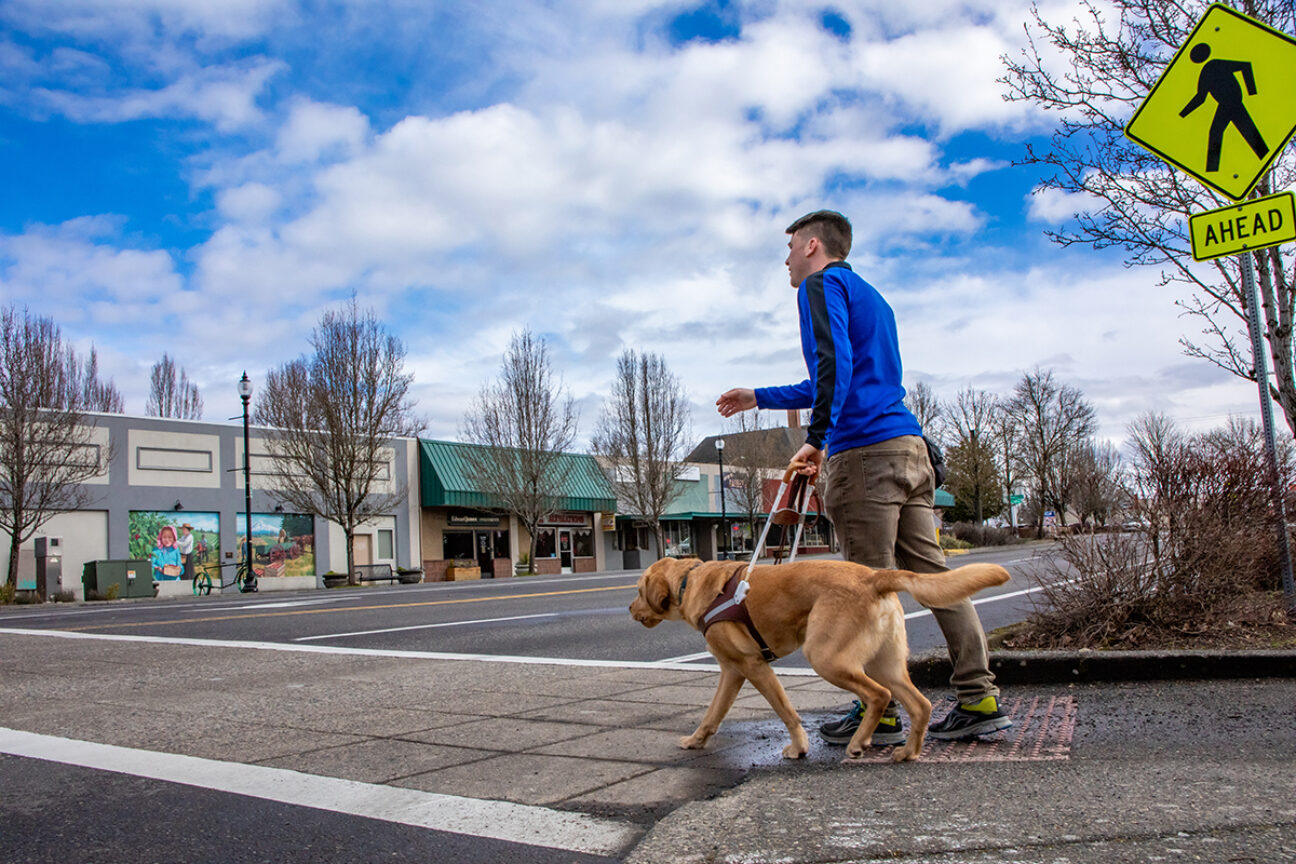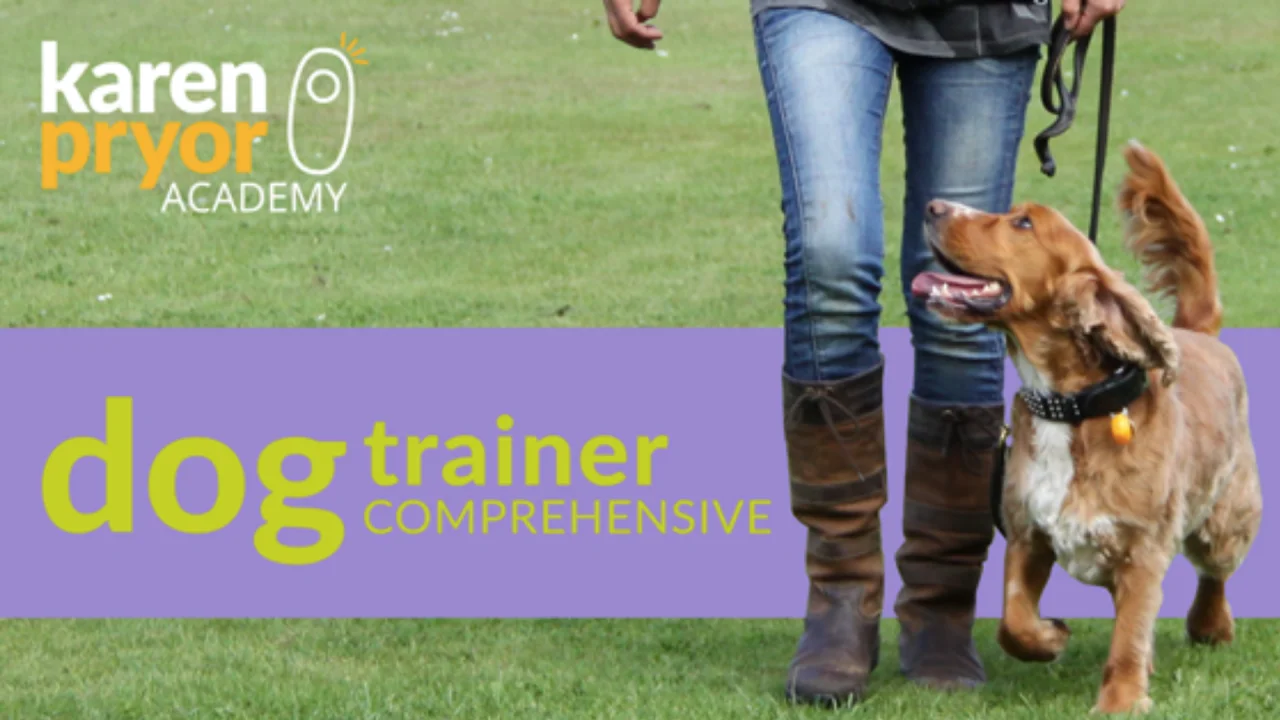Discover Top Tips for Dog Training Charlotte NC That Truly Work
Discover Top Tips for Dog Training Charlotte NC That Truly Work
Blog Article
Unlock Your Pet dog's Prospective: Proven Canine Training Techniques for Success
Efficient canine training is a nuanced procedure that pivots on recognizing canine habits and employing medically backed methods. dog training charlotte. By including positive reinforcement, developing clear commands, and prioritizing socialization, pet proprietors can cultivate an effective connection with their pets. Nevertheless, challenges often emerge that need customized options and a patient technique. Exploring these verified methods reveals not only the possibility for behavior enhancement yet additionally the much deeper bond that can be formed in between owner and pet dog. What vital methods must be considered to really unlock your pet's potential?
Recognizing Pet Actions
Comprehending dog habits is necessary for effective training and cultivating a positive partnership between dogs and their owners. A comprehensive understanding of canine body movement, vocalizations, and social interactions is important for identifying their emotions and demands. Dogs communicate mainly through non-verbal signs; as an example, a wagging tail might indicate enjoyment, while pinned ears can signify worry or submission.

Furthermore, environmental elements play a considerable role fit a dog's habits. Adjustments in regular, brand-new environments, or the existence of unknown people can cause tension or anxiousness in dogs. Recognizing these triggers allows owners to minimize damaging reactions and develop ideal training strategies.
Inevitably, a deep understanding of pet behavior lays the structure for effective training techniques, enhancing both actions and the overall bond between the pet and its proprietor. Dog training. This understanding is indispensable for promoting a well-adjusted, pleased canine friend
Positive Support Methods
Effective training relies heavily on favorable reinforcement strategies, which have been shown to produce considerable cause shaping desired behaviors in dogs. This technique includes compensating a canine for displaying details behaviors, consequently increasing the chance that these habits will certainly be duplicated. Incentives can take various types, including treats, praise, toys, or playtime, relying on what motivates the individual dog.

It is important to progressively terminate benefits as the canine learns the actions, transitioning to periodic reinforcement. This technique maintains the habits in time while stopping reliance on consistent benefits. By concentrating on positive support, fitness instructors can grow a trusting partnership with their pet dogs, advertising a participating and healthy training atmosphere that enhances overall obedience and performance.
Establishing Constant Commands
A fundamental aspect of successful pet training is the facility of constant commands. Uniformity in commands is important for reliable interaction between the pet and the instructor. When commands are uniform, pet dogs discover to connect certain words with wanted behaviors, which increases the training process and boosts understanding.
To establish regular commands, it is crucial that all household members link utilize the exact same terms and gestures. For instance, if one individual makes use of "rest" while another says "take a seat," it can create complication for the canine. Select clear, unique words for commands and guarantee everyone involved in the pet's training follows these options.
Reinforce commands with constant technique, guaranteeing that the canine receives ample chances to react properly. When a pet dog effectively complies with a command, instant favorable support ought to adhere to.
Finally, be patient. Establishing constant commands requires time and effort. With dedication and clearness, you will help your canine establish a solid understanding of expectations, ultimately bring about a mannerly companion.
Socialization and Direct Exposure
Interacting socially a pet is important for promoting a confident and well-adjusted companion. This process entails revealing your pet dog to a variety of environments, individuals, and various other animals to develop their social abilities and versatility. Early socialization, ideally in between the ages of three to fourteen weeks, is vital, as it lays the foundation for a dog's future actions.
During socialization, objective to supply positive experiences in different setups, such as parks, active streets, and homes with other family pets. Introduce your pet dog to numerous stimulations, including noises, sights, and scents, making sure that each encounter is satisfying. This direct exposure aids mitigate worry and stress and anxiety, leading the way for an extra resistant dog.
Engaging in regulated team play sessions with other dogs can additionally improve social skills, teaching your pet dog ideal interactions and boundaries. Focusing on socializing will considerably add to your pet dog's general joy and habits throughout their life.
Conquering Common Training Challenges

One more regular concern is distraction. Dogs may have a hard time to concentrate in active or strange settings. Slowly desensitize your pet dog to distractions by starting training in a peaceful atmosphere and gradually presenting even more stimulations as they come to be skillful (Dog training). Positive reinforcement techniques, such as treats and praise, can maintain inspiration and emphasis.
In addition, behavior issues like jumping or too much barking can end up being aggravating. Address these by instructing alternative actions, such as sitting smoothly when welcoming visitors. Consistency and perseverance are critical; strengthen desired actions constantly and avoid abuse, which can cause complication.
Last but not least, acknowledge that each dog is one-of-a-kind, and training timelines may vary. Dressmaker your approach to your pet's private needs, and look for professional advice if required. With perseverance and the ideal techniques, getting over these difficulties can lead to a trained, happy canine buddy.
Conclusion
Finally, unlocking a pet dog's potential requires a comprehensive technique that incorporates an understanding of canine habits, the application of favorable reinforcement strategies, and the establishment of constant commands. Early socializing and exposure to diverse settings further improve a pet's versatility and self-confidence. By resolving typical training obstacles with tailored techniques and perseverance, a participating and unified partnership in between canine and trainer can be fostered, inevitably leading to a well-behaved buddy qualified of thriving in different circumstances.
Reliable pet training is a nuanced process that hinges on comprehending canine habits and using medically backed strategies.Understanding canine habits is crucial for reliable training and fostering a positive relationship between canines and their owners.Efficient training depends heavily on positive reinforcement methods, which have actually been revealed to produce considerable outcomes in shaping preferred habits in pet dogs. When commands are consistent, pets find out to link details words with wanted actions, which increases the training procedure and boosts understanding.
In verdict, opening a pet dog's prospective requires a detailed strategy that includes an official statement understanding of canine actions, the application of positive reinforcement techniques, and the establishment of consistent commands.
Report this page